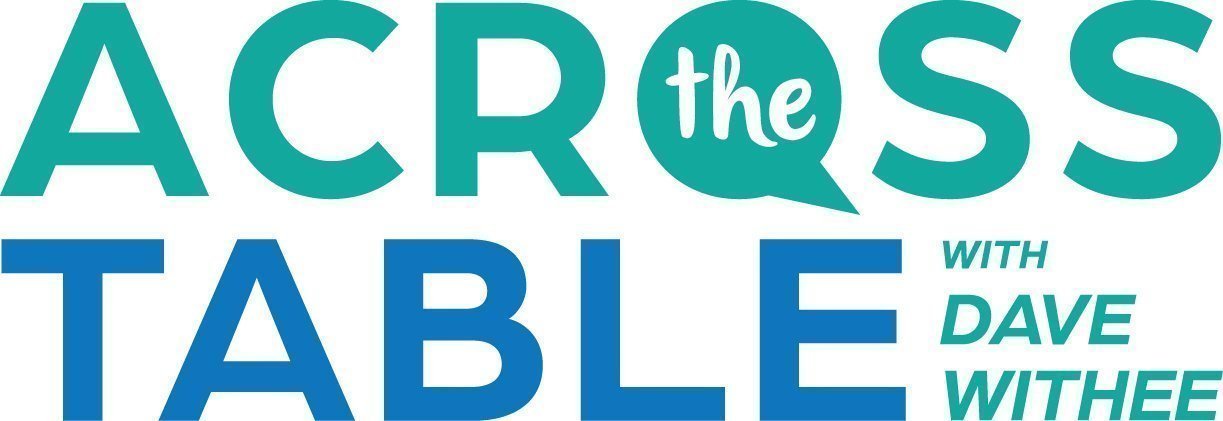Across the Table: How Do You Lower Customer Risk?
Early in my career, I was introduced to a laboratory planner. I asked him what one has to do to become a laboratory planner. He thought for a moment, chuckled, and replied, “Anyone who can hang up a shingle can call themselves a lab planner.”
Can anyone call themselves a lab planner? I was surprised. Teachers are typically licensed for their specialities. Long-distance truck drivers need a Commercial Driver’s License. Doctors typically need specialized licensure for different disciplines. Accountants with a CPA are more than just accountants.
But anyone can be a lab planner? With just a sign and a business card?
When I learned about the lab planner for the new science building here at North Dakota State University, I mentioned I had worked with them before. The NDSU VP I was talking with replied, “They have done several projects for us, and we have always been very pleased.” That’s one way to show you have expertise. Knowing your market, focusing on it, providing non-charged training to it, and ensuring success with past projects minimizes concern. The firm’s reputation may even be transferable to new lab planners it has hired.
Some firms specialize, such as with forensics labs, and have earned great reputations. But what if you want to add general research labs to your accounts? Or perhaps animal science? What about entering a new geographic market? How do you provide comfort to the customer that you, not just your firm, know what you are doing? Or is the employee you will assign to their project qualified?
What about when you change firms, perhaps to create a lab planning department? How do you prove to customers that your new firm can do their type of labs to meet their needs? Not just that you know what you are doing, but that your new firm (itself new to the market) is also?
How do your young lab planners show they have the basic skills? Is the customer just supposed to take your word for it?
The AIA has 21 different knowledge communities. Not one is for lab planning. They also have many different awards. Several lab planners are prestigious AIA Fellows, but a young lab planner is unlikely to be one.
Leading lab planners asked SEFA to identify certified lab furniture manufacturers so they’d be confident in who they allowed to bid on their projects.
So, is it time, perhaps, for lab planners to create a certification program? To help young architects show they know the basics of lab planning? Perhaps to show they have also earned certification in a specialized lab type?
Laboratory customers have unique needs. They will entrust you with a lot of money. They don’t do new lab buildings often. The person deciding on a lab planner may have never done a lab building in the past and may never do another.
How do you lower their risk?
Dave can be reached at dwithee@alum.mit.edu or 920-737-8477.
All opinions expressed in Across The Table with Dave Withee are exclusive to the author and are not reflective of Lab Design News.

